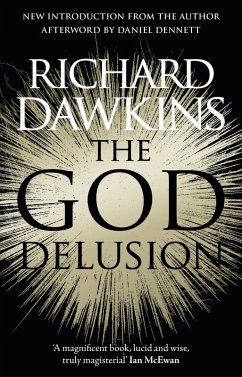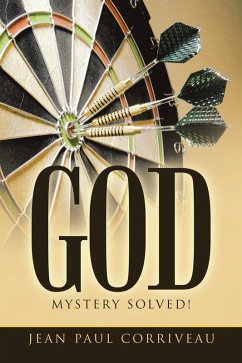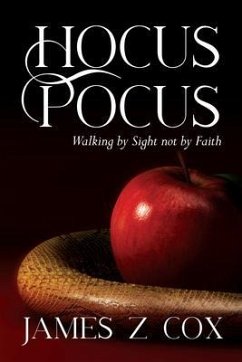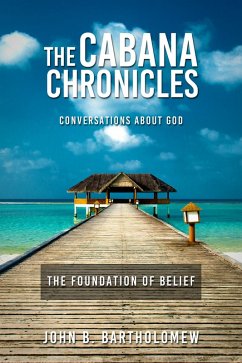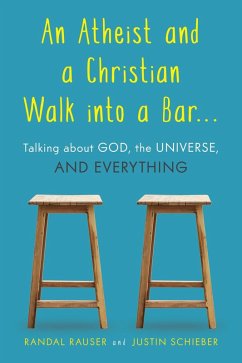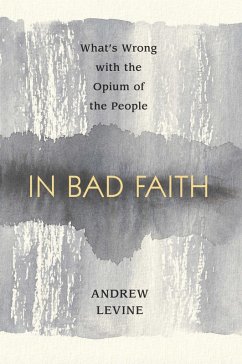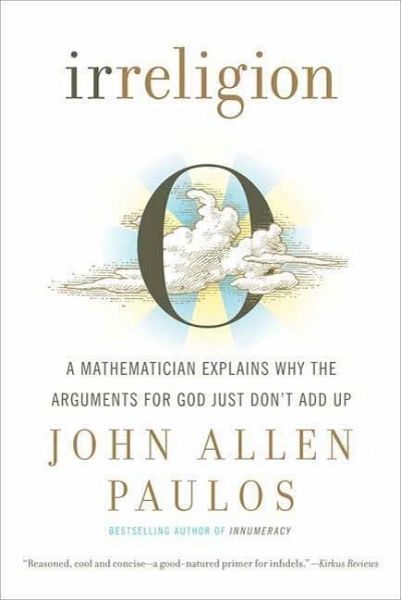
Irreligion (eBook, ePUB)
A Mathematician Explains Why the Arguments for God Just Don't Add Up

PAYBACK Punkte
3 °P sammeln!
A lifelong unbeliever finds no reason to change his mind: "A good-natured primer for infidels" from the bestselling author of Innumeracy ( Kirkus Reviews). Are there any logical reasons to believe in God? Mathematician and bestselling author John Allen Paulos thinks not. In Irreligion he presents the case for his own worldview, organizing his book into twelve chapters that refute the twelve arguments most often put forward for believing in God's existence. The latter arguments, Paulos relates in his characteristically lighthearted style, "range from what might be called golden oldies to those ...
A lifelong unbeliever finds no reason to change his mind: "A good-natured primer for infidels" from the bestselling author of Innumeracy ( Kirkus Reviews). Are there any logical reasons to believe in God? Mathematician and bestselling author John Allen Paulos thinks not. In Irreligion he presents the case for his own worldview, organizing his book into twelve chapters that refute the twelve arguments most often put forward for believing in God's existence. The latter arguments, Paulos relates in his characteristically lighthearted style, "range from what might be called golden oldies to those with a more contemporary beat. On the playlist are the first cause argument, the argument from design, the ontological argument, arguments from faith and biblical codes, the argument from the anthropic principle, the moral universality argument, and others." Interspersed among his twelve counterarguments are remarks on a variety of irreligious themes, ranging from the nature of miracles and creationist probability to cognitive illusions and prudential wagers. Special attention is paid to topics, arguments, and questions that spring from his incredulity "not only about religion but also about others' credulity." Despite the strong influence of his day job, Paulos says, there isn't a single mathematical formula in the book. "He's done it again. John Allen Paulos has written a charming book that takes you on a sojourn of flawless logic, with simple and clear examples drawn from math, science, and pop culture. At journey's end, Paulos has left you with plenty to think about, whether you are religious, irreligious, or anything in between." -Neil deGrasse Tyson
Dieser Download kann aus rechtlichen Gründen nur mit Rechnungsadresse in D ausgeliefert werden.





